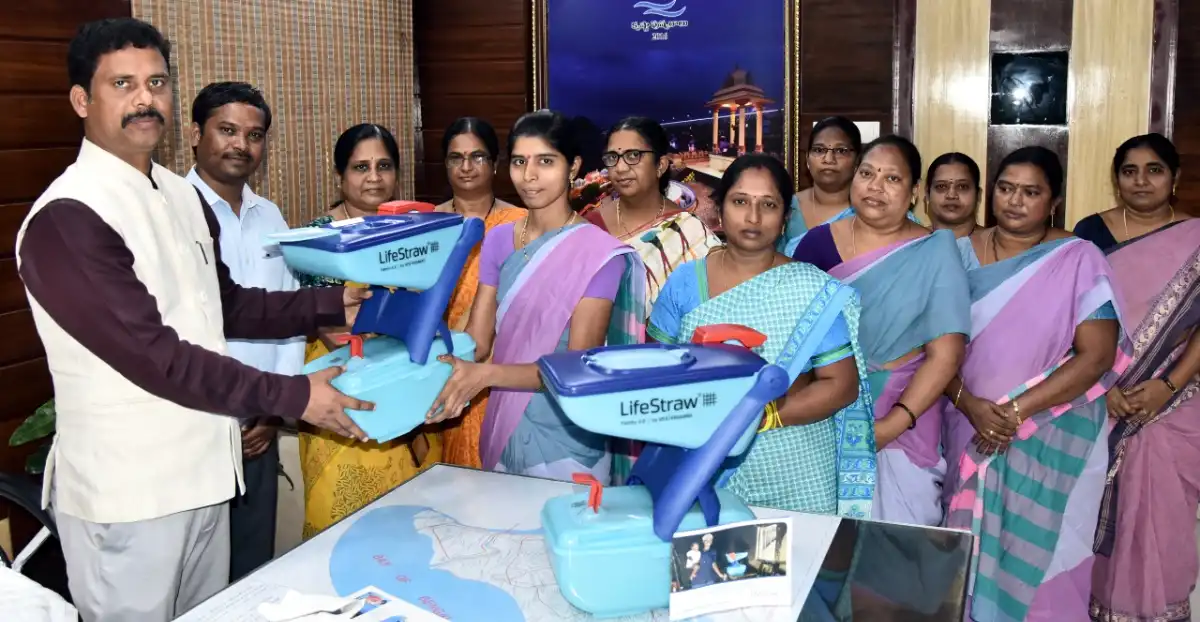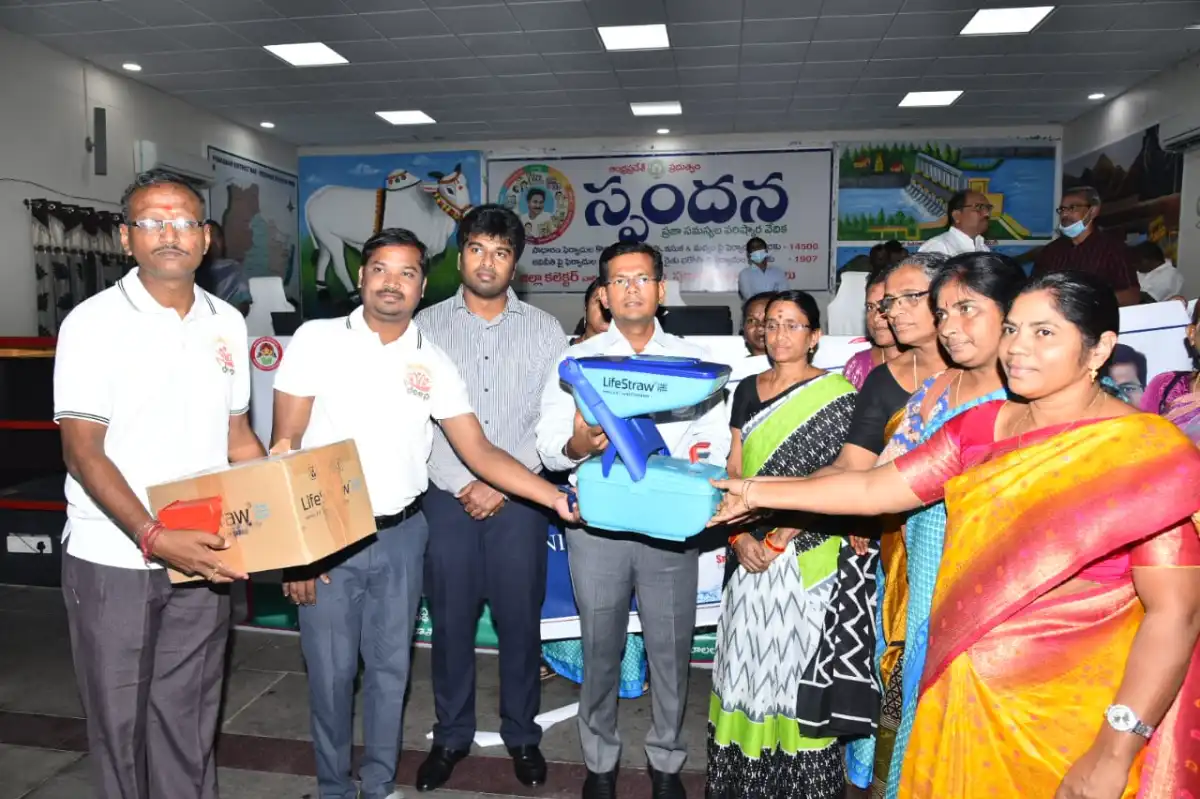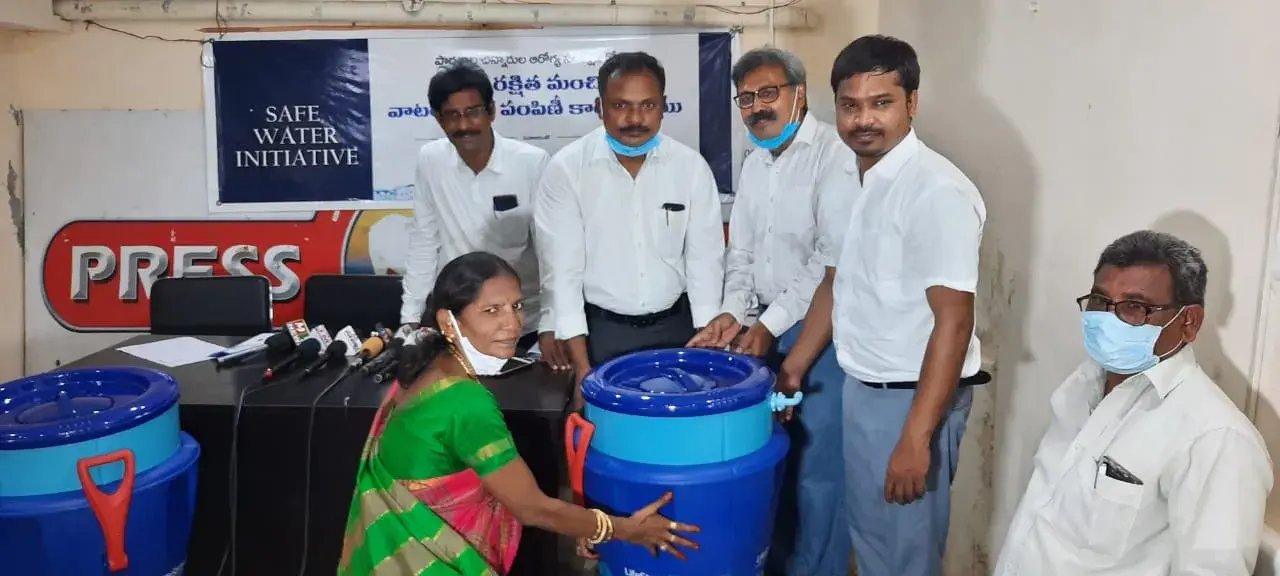
Water and Sanitation Program – Vijayawada
[URIS id=8934]


Water and Sanitation Program – Ongole
It is a well-known fact that when any discussion on lead generation takes place, quality conquers over the measure. Though it is clearly known fact that people do not like
Water and Sanitation Program – Guntur
[URIS id=8822]


